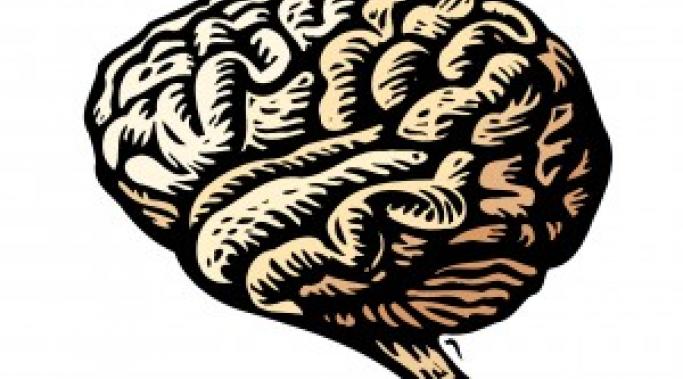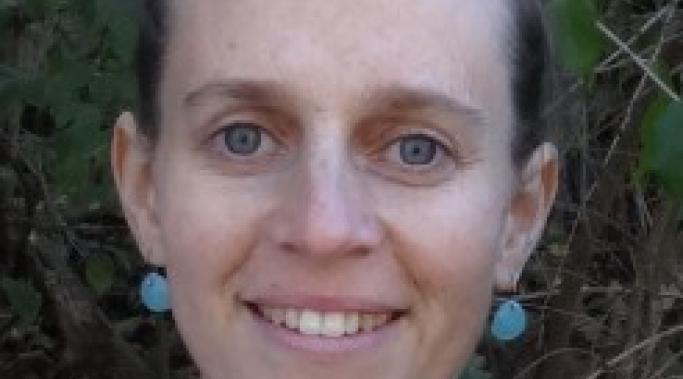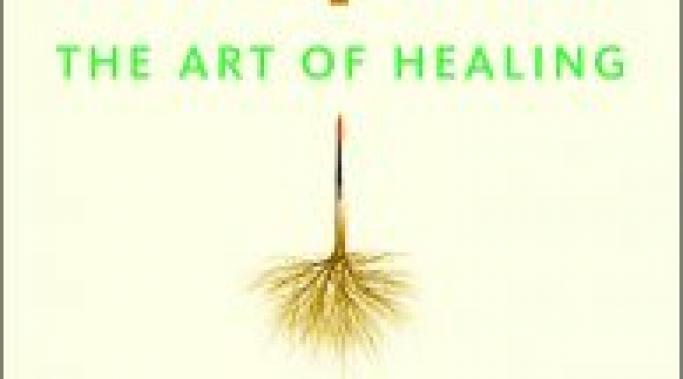Posttraumatic-stress disorder (PTSD) involves a lot of sadness: about your having been victimized, about having developed a persistent mental disorder (and that's exactly what it is), about how few people understand what happened to you, about how few people understand how your life has been changed as a result, and about how difficult it is to get it all resolved - fixed - taken care of. And that's hardly a complete list. What do these all have in common? Loss. Sadness is a reaction we have automatically and outside any direct control when we realize we've lost something that matters.
What can you do about it? Two things, basically. You can shift your attention or you can deal with the problem directly. The first option is almost always the easiest, but you should know that it's temporary at best.
About PTSD
In the first two posts in this series (see 1, 2), I have established that:
With posttraumatic stress disorder (PTSD), psychotherapy’s goal is to reduce or remove symptoms needed to qualify one for the diagnosis. This is what “healing” means in this series.
The core of this healing work is permanently reducing or eliminating the noxious feelings associated with memories of trauma. Without "triggered" intrusive memories, the other symptoms of PTSD do not appear.
Both psychology and religion can make naturalistic proposals about PTSD; it is appropriate and necessary to evaluate such proposals by empirical research, which is how science creates reliable knowledge.
Forgiveness has been proposed by both psychologists and religious figures as a potentially important intervention in psychotherapy, and in the therapy of PTSD in particular. It's reasonable to take this proposal seriously.
“Unforgiveness” – the mental state for which forgiveness is proposed as the remedy, has two fundamental feelings associated with it: fear and anger.
Fear is primary, and anger is an adaptive response to fear. Remove fear and anger goes with it.
Let's now look at forgiveness as a deliberate intervention to promote physical health and recovery from psychological trauma.
PTSD recovery, how to begin? To me, the most powerful way to engage in your recovery starts with education. That's why tonight I'm offering a free webinar about "How Trauma Affects Your Brain" (sign up by clicking the link for more info and to receive the replay later).
For one full hour I'll offer the inside scoop on the brain changes you can expect (or probably already experience) after trauma and with PTSD, plus answer your personal questions. You can sign up for this PTSD webinar here.
In addition to brain changes, if you have symptoms of the new PTSD criteria you probably live in a world of fear, anxiety and the expectation of danger. How do you begin shifting the balance toward calm, confidence and control? Reclaiming a sense of safety can add terrific strength to your daily coping and overall approach to recovery.
In the first part of this post, we established three fundamental things:
You are healed from PTSD if you no longer meet the criteria for the diagnosis.
Psychology, as a science, proposes hypotheses which can be tested in the natural world.
Religion also proposes hypotheses, but fundamentally about the supernatural world, where hypotheses cannot be tested.
Let’s add one more fundamental idea: religious traditions can, and do, propose many things about the natural world. Some of their most notable propositions are ethical in nature, and in this context one finds the idea that forgiveness is a good thing.
Forgiveness as a value has a long and honored tradition in the Abrahamic religions (Judaism, Islam, and Christianity). If we consider that religion, like all traditional culture, functions in part as a kind of “memory” for a people – identifying and preserving important ideas, understandings, and directives, then a reasonable case can be made that we should seriously consider the idea of forgiveness.
How trauma affects your brain is a HOT topic in the posttraumatic stress disorder (PTSD) world. Especially recently as neuroplasticity (the ability of your brain to change) becomes even more recognized and accepted as a law of brain function. Now, practitioners around the globe are understanding that while trauma can change your brain, other experiences can change it again.
In fact, one of the most exciting implications of neuroscience in the past decade is that your brain is always changing in response to experience. Healing, then, becomes more imminently possible than ever. Why? Because you can create experiences that help your brain change daily.
There are a lot of things to do in the mix of healing the symptoms of posttraumatic stress disorder (PTSD). Some treatments for PTSD require lots of time, money, support and attention. Those are the "big" moments of recovery that we research, save or borrow for, and place a whole lot of hope in the results we expect.
Balancing out all of the necessary big gestures in healing, however, are the small, free, solo actions we take when we're all alone. One of those options is a little thing called a meditation practice which you hear talked about all the time, but probably just as often don't commit to doing faithfully every day.
People deeply involved in any way of looking at the human world tend to take that worldview with them wherever they go. So it is both with those committed to a religious tradition as well as those committed to evidence-based psychology and psychotherapy. Each of us will tend look at serious human problems from our respective viewpoints. This can get confusing. An excellent example of this came up recently with a question posted to Google+ for general comment by HealthyPlace.com:
Is forgiveness an important component of healing from trauma?
I suspect that individuals committed to both worldviews reacted to this question in fairly predictable ways. I know I did. My reaction was immediate: "Important? Absolutely not. Useful? It can be, but not in the way religious people tend to think." As I discussed the matter with a thoughtful and articulate individual, a richer picture emerged which is worth bringing to this venue, and elaborating on, for many reasons.
It's winter where I live. Apparently it's winter lots of places right now - a time for dark days and dark thoughts. I know a lot of people who are in trouble right now, and tempers are just a bit short, mine included. And now we have to deal with horses. It's about "healing" PTSD, you understand. Oh, you don't? Yeah, I have the same problem.
While PTSD recovery spans a slew of areas and requires many choices and actions; I’m always looking for ways to chunk down the work so that it’s more manageable. Recently, I spoke with trauma expert (and survivor of childhood sexual abuse) Bill O’Hanlon about his ideas for three simple ways to help you thrive after trauma.
While you will have your own unique healing timeline, O’Hanlon suggests powerful areas to develop that will both deepen your healing and strengthen your ability to move forward. In sharing the general concepts I’m adding my spin to their definitions so that you can conceptualize the ideas, imagine applying them to your healing process and have some simple steps to get you started.
Using your brain and body in PTSD recovery is critical. It isn't one or the other but both that contain important elements of healing: messages, ideas, options and opportunities for success.
The following healing stories were shared with me as I interviewed one of our national treasures: Dr. Bernie Siegel. Don't know him? He's an American writer and retired pediatric surgeon, who writes on the relationship between the patient and the healing process. Known for his best-selling book, Love, Medicine and Miracles, Bernie is a unique presence in the trauma world because he's a doctor (a/ka/, a person trained to believe "the mind and body are completely separate") who believes that not only are the mind and body connected, you can use your mind to heal your body.









